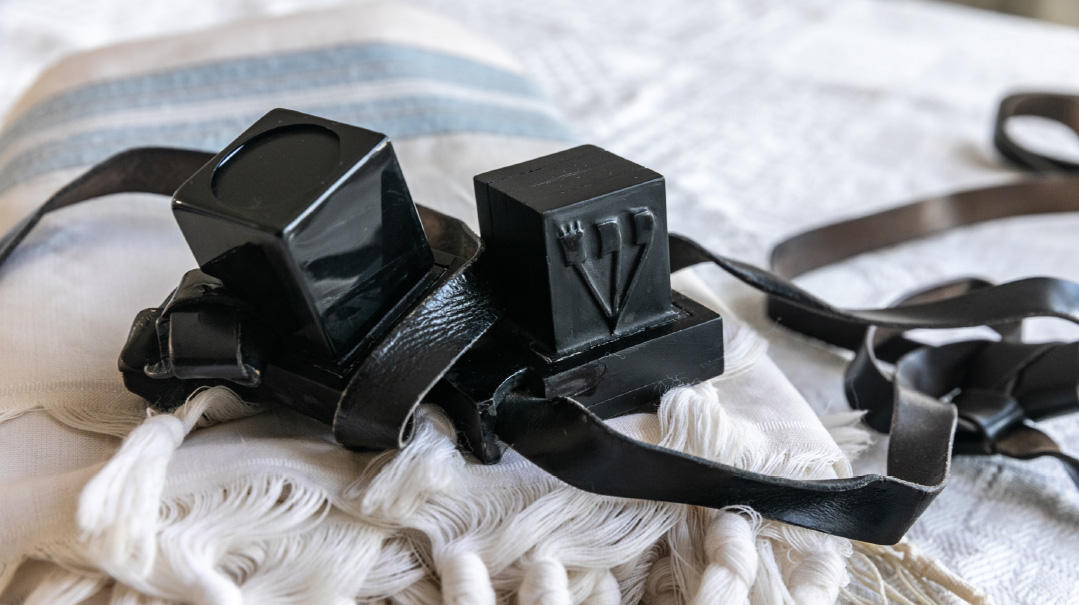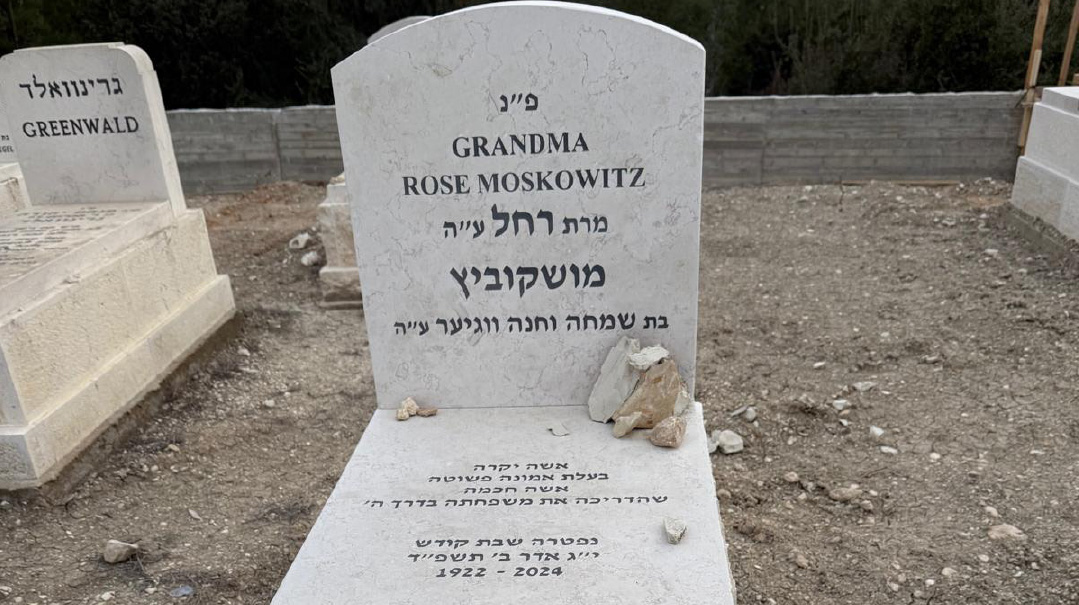Words Are Not Enough

“Ethel just told me she wants a Jewish burial,” Isaac said breathlessly. “Can you change the will?”
As told to Rivka Streicher by Rabbi Elchonon Zohn
Around 15 years ago, I received a phone call from a man named Isaac in Eretz Yisrael. His great-aunt — whom he’d been close with — had died, and he was calling me because she was at risk of being cremated.
His great-aunt was Ethel Barr, the daughter of a talmid of Rav Yitzchok Elchonon Spektor. Her father had come to America after the war and settled somewhere in the Midwest, where he was a rabbi and shochet. However, when Ethel came of age, she left her family and moved to New York. She had dreams of going to drama school and becoming an actress. Eventually she married a guy who was Jewish but not religious. They never had any children.
Ethel was 105 when she passed away, and in her later years, she spoke freely of death. Her friends, her people, everyone knew that Ethel wanted to be cremated. She’d put it in her will as well, and she had a pre-need arrangement with the funeral home for her cremation. She’d also had her husband cremated — he’d died some 25 years before her — and had his ashes sprinkled in the land of Israel. For the little that she cared about religion, she had strong feelings for Israel.
At one point after her husband’s death, her great-nephew Isaac came to New York to study. He lived in her home while studying, and it was during this time that he became a baal teshuvah. Ethel had taken to talking frequently of her own mortality, and Isaac had ample opportunity to speak with her about the importance of a Jewish burial. He tried to get her to change her liberal views about cremation, but all his talking seemed futile.
Then one day she walked into the house and gave her straight-out death talk again. She said, “Isaac, you’re going to be happy. I decided I want to be buried rather than cremated.”
Oops! We could not locate your form.






